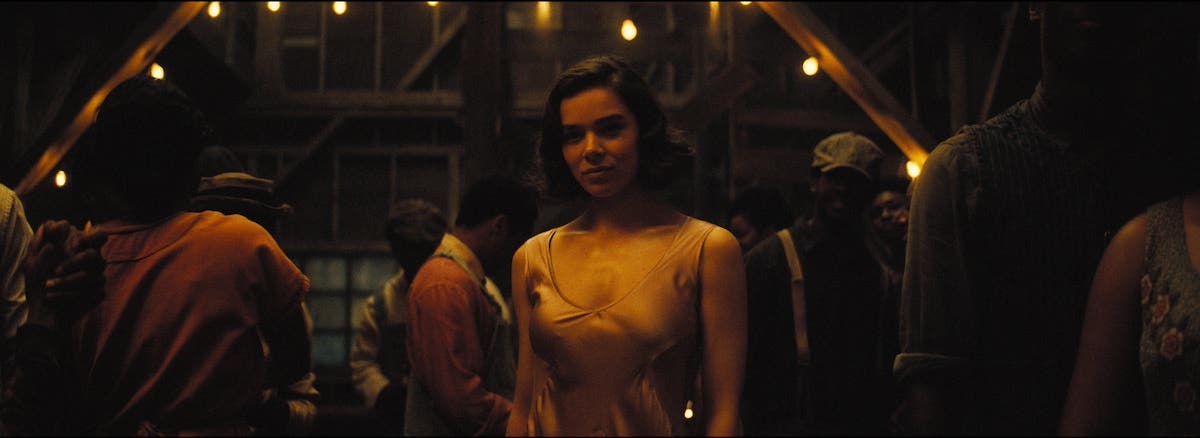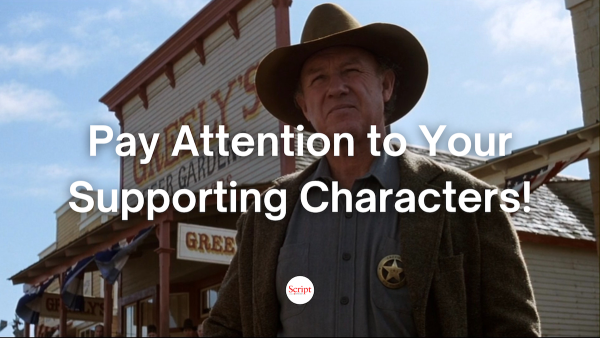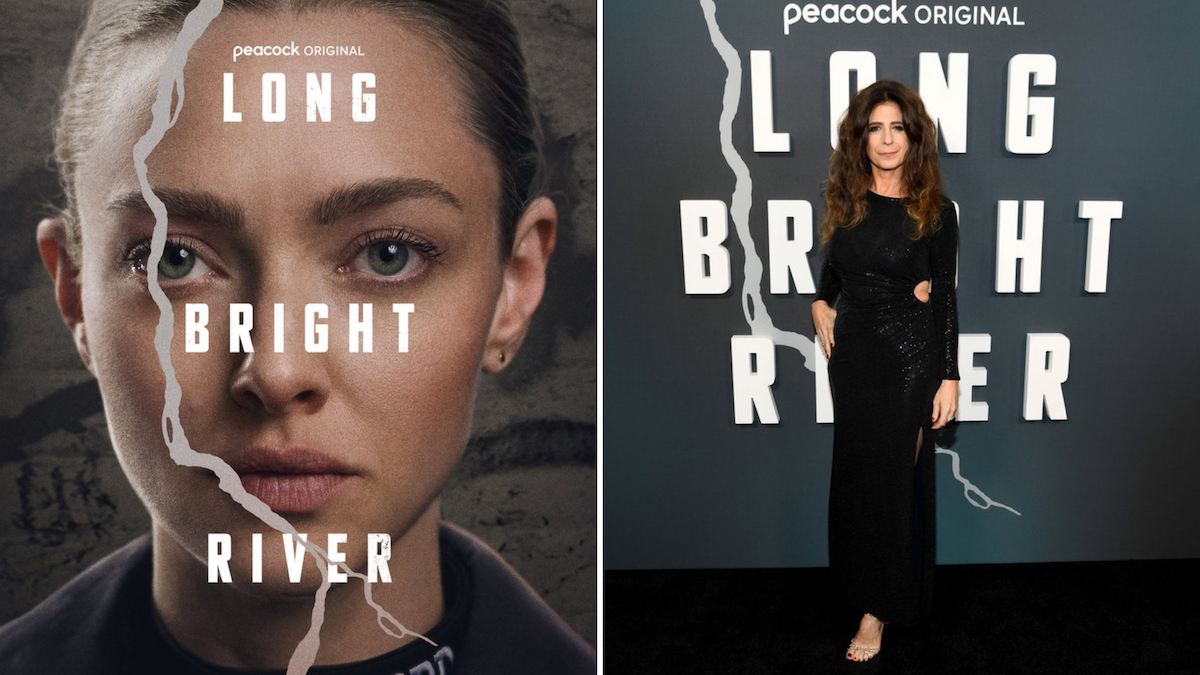Column D: Did He Go to the Prom? How Much Backstory is Too Much?
By Drew Yanno I wrote in my last column about screenwriting’s dirtiest word – exposition. In this one, I’d like to talk about another element of screenwriting that’s often confused…
By Drew Yanno
I wrote in my last column about screenwriting's dirtiest word - exposition. In this one, I'd like to talk about another element of screenwriting that's often confused with exposition and that’s backstory.
Remember what I wrote last time: exposition is information that the audience needs to know in order to fully understand and appreciate the film. Part of the reason for the beginning screenwriter’s confusion regarding exposition and back story is that sometimes that necessary information is backstory. Namely, whenever part of a character’s history is revealed, it's exposition. However, it's important to note that not all of exposition is backstory.
Pardon the pun, but let me back up for a moment. You've probably heard the term a thousand times, but what exactly is “backstory”? Simply put, it's everything that's ever happened to a character before the start of the film. It's their personal history. And every character in the film has a backstory. Even the nameless waiter. However, the thing to keep in mind is that not all of a character’s backstory is revealed. Not by a long shot. Minor characters rarely have any back story revealed. Indeed, even when it comes to the protagonist, very little of a character’s history is ever given to the audience.
Again, this is where beginning screenwriters often have trouble. They love the idea of backstory. Because they do, they attempt to cram all kinds of history about their characters into the screenplay when it’s simply not necessary. Because backstory revealed is exposition, only that part of a character’s history that is required for the audience to understand and appreciate the film should be exposed. To drive home this point, go back and think of some famous films and look at the main character and try to recall how much of their history is revealed and, more importantly, how much is not.
For example, in Casablanca, we actually know very little about Rick (Humphrey Bogart), one of the most famous protagonists in film history. Yes, he fought for the good side in the Spanish war. Yes, he ran from the states and became an ex-pat living in Northern Africa. But we don’t know why he went to fight in the Spanish war or what brought him to Africa. We don’t even know exactly why he ran from the states. We do know about his relationship with Ilsa in Paris. But was he ever married before? Was she his first love? Where was he born? Does he have any brothers and sisters? Are his parents still alive? Was he on the football team in high school? Did he go to the prom? What we don’t know about Rick is infinitely greater than what we do.
In The Descendants, it seems that we learn a great deal about the backstory of Matt King (George Clooney). We know he went to law school off-island and met his wife when he did. We know he has relatives who have a vested interest in the possible sale of that valuable land on the island. But what about his parents? What happened to them? Did he ever hold a different job prior to being a lawyer? If so, what? And where? For that matter, where did he go to high school? Was he in the popular crowd? Where did he go to college? Did he go to the prom? Again, it might appear that we know a lot, but what we don’t know is a thousand times greater.
One of the reasons I hesitate to instruct writers to create extensive character biographies is that once they do, the tendency is to want to put all of that history into the script. And you simply can’t. Remember, if the audience doesn’t need to know it in order to understand and appreciate the film, it serves no purpose.
I mentioned earlier that one other difference between back story and exposition is that not all exposition is backstory. So what does that mean? Simple. It means that some of the information that the audience needs in order to completely understand and appreciate the film may have nothing to do with any character’s personal history.
In my previous column about exposition, I referred you to the scene in Raiders of the Lost Ark where the two government men come to see Indy about Professor Ravenwood. Go back and watch that scene once more. You’ll see that some of their discussion involves Indy’s past relationship with Ravenwood (backstory). However, most of the scene deals with the ark and the Well of Souls and the Staff of Ra. That’s just archeological information. It’s not character-related in the least. In other words, not backstory.
A similar thing happens in Minority Report when Danny Witwer (Colin Farrell) comes to see John Anderton (Tom Cruise) and the latter explains how the pre-cogs work. Anderton goes through a long explanation of the balls and the "reports" and so on. But once again, that’s just information. Vitally important information, to be sure. However, there’s very little, if any, backstory in that scene. And yet, like the Raiders example, it's information that's vital to the audience's understanding of that film and, thus, textbook exposition.
So to wrap things up, keep these three things in mind: (1) backstory revealed is exposition; (2) not all exposition is backstory; and (3) not all backstory is revealed.
Oh, and one more thing: unless you are writing a high school comedy, we don’t need to know if your hero went to the prom.
Related Articles:
- More Column D articles by Drew Yanno
- Storytelling Strategies: The Puzzles in ‘Silver Linings Playbook’
- Specs & The City articles by Brad Johnson
- Screenwriting the Dan O’Bannon Way
Tools to Help:
Drew Yanno began writing for film in 1993 and has been a member of the WGA since 1995 when he sold his script No Safe Haven to Universal Studios after a six hour bidding war. In 2000, Drew founded the screenwriting program in the Film Studies department at Boston College where he taught for eleven years. He is the author of The Third Act: Writing a Great Ending to Your Screenplay. His second book Idea to Story to Screenplay: a Workbook For Writing the First Draft of Your Screenplay is now available as a Kindle e-book on Amazon. Drew’s first novel In the Matter of Michael Vogel was released in March 2013 and was named one of the best Kindle Books of 2013 by Digital Book Today. In addition to writing and teaching, Drew also worked as a script consultant and served as an adviser to actor and producer Will Smith on a number of projects. Prior to becoming a screenwriter and screenwriting professor, Drew was a practicing attorney and taught law in the Carroll School of Management at Boston College. Follow Drew on Twitter @drewyanno.







